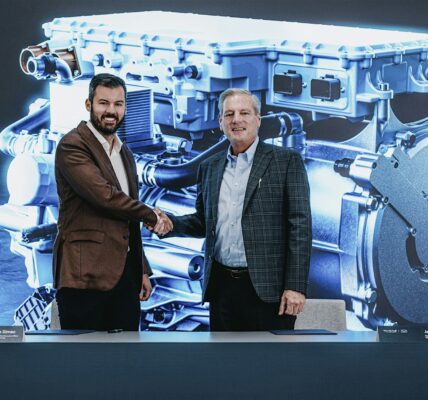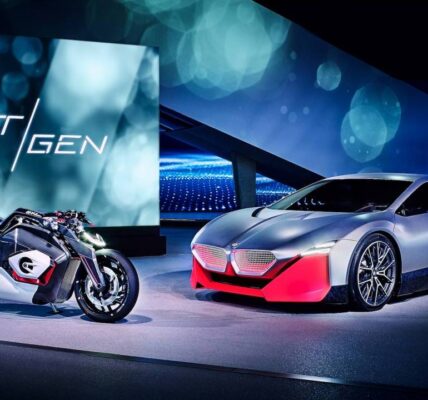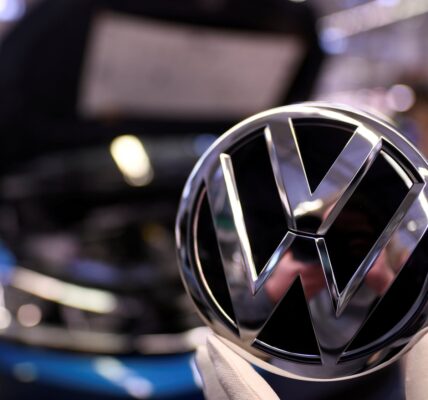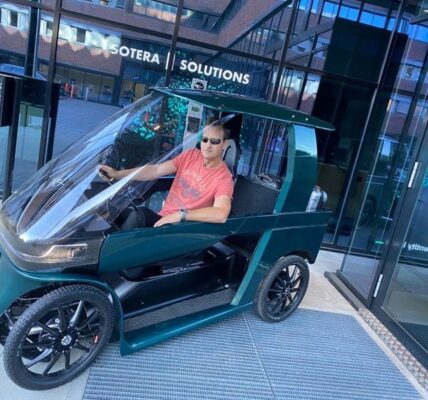Electric vehicle battery startup Britishvolt said it had selected a site in northern England to build a £2.6 billion ($3.5 billion) factory that should start production in 2023.
The company, which so far has said it has raised about £10 million, said the plant in the port of Blyth would be built in three stages, employing up to 3,000 people and producing at least 300,000 lithium-ion batteries a year by 2027.
Britishvolt has applied for backing from a £1 billion British government fund set up to support the mass production of batteries and help the auto industry shift towards making electric vehicles (EVs).
The fund was announced by British Prime Minister Boris Johnson last month as part of plans to ban the sale of new cars and vans that run solely on petrol and diesel cars from 2030. Hybrid vehicles can still be sold until 2035.
Britishvolt is the only company so far to announce plans to build new battery production in Britain.
Chief strategy officer Isobel Sheldon said Britishvolt’s batteries would perform 20% to 25% better than Tesla Inc’s , the electric carmaker that dominates global EV sales.
She said the company was raising more money and considering a stock market listing.
A wave of EV-related startups have gone public around the world this year, typically involving a reverse merger with a special purpose acquisition company (SPAC). The top performer among them is battery startup QuantumScape Corp.
China now hosts roughly 80% of the world’s lithium-ion cell production, but the European Union plans to boost local output and could be self-sufficient by 2025.
Europe has 15 large-scale battery cell factories under construction, including Northvolt’s plants in Sweden and Germany, Chinese battery maker CATL’s German facility, and South Korean firm SK Innovation’s second plant in Hungary.
Tesla is also building a car and battery factory in Germany.







